Our Projects
These things matter to us
Our Current Projects
Working with partners across the country, to make entrepreneurship part of South Africa's everyday culture.
REACH OUT ATHLONE
The South African Institute for Entrepreneurship (SAIE) partnered with Reach Out Athlone, for a community sustainability project, to help the local community turn an abandoned plot of land into a garden for the purpose of creating a sustainable business venture and job opportunity. This initiative provided a means to uplift members of the community, who had previously struggled to find adequate employment opportunities in the area.
A group of community members from various sectors established Reach Out Athlone, a non-profit entity, to assist in the upliftment of communities within Athlone and its surrounding areas.
The project took place at an abandoned plot of land in an impoverished area where unemployment rates are high. The land was previously used as a dumping site which led to environmental degradation, poor health conditions and lack of economic opportunities for residents in this area.
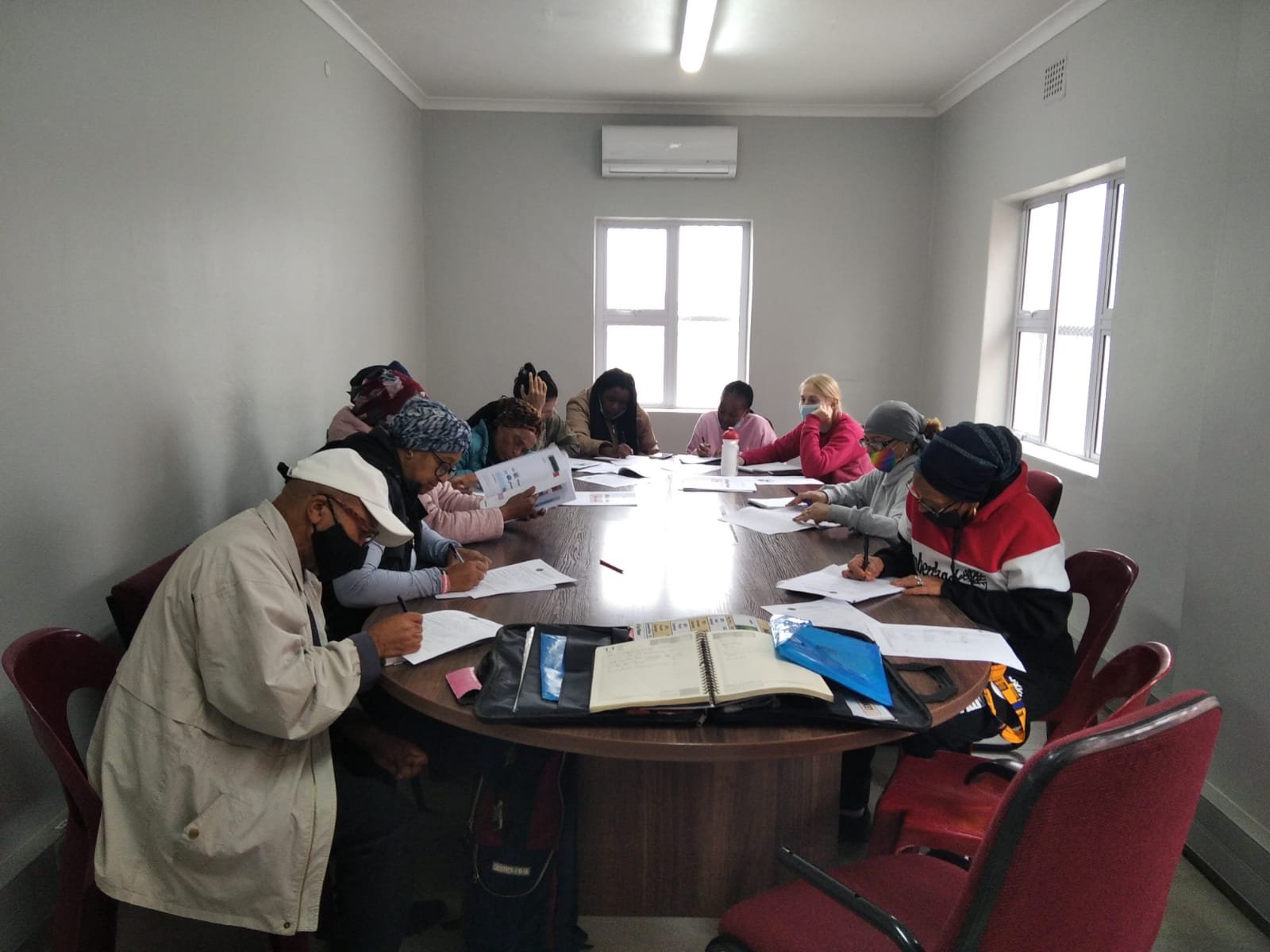
After the SAIE profile of Reach Out Athlone members, a group of 22 members were identified as having the potential to pursue entrepreneurship as an option. These members were offered entrepreneurship training through the Agri-Planner program, with a special focus on high-value horticulture. The training program in this case is a 3 year support program that provides 360 business venture support for the participants.
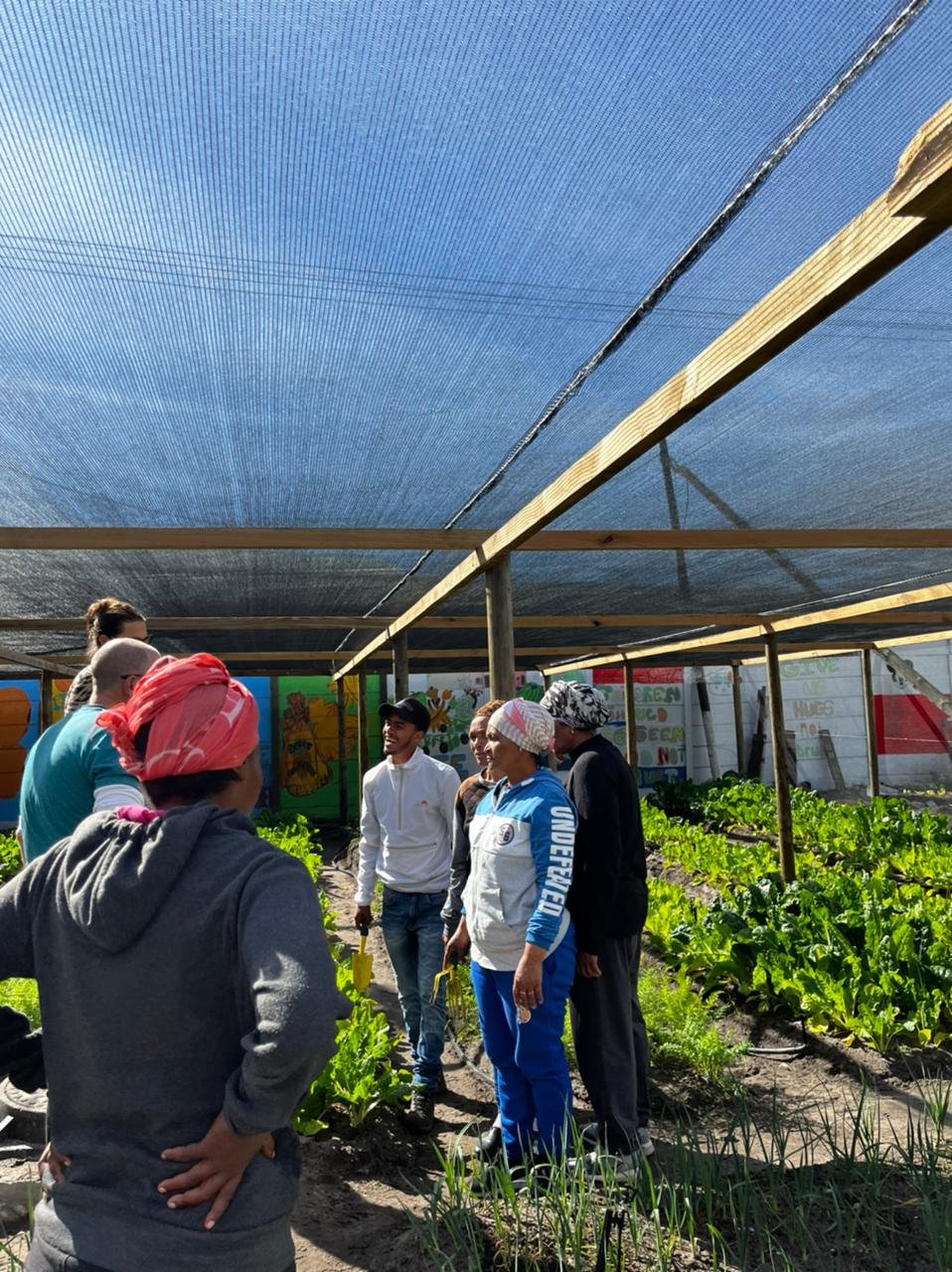
Training participants are introduced to various new skills through the Agriplanner program for assistance with business planning and entrepreneurial idea generation.
The SAIE team also provides support in terms of infrastructure through construction of a 600sqm greenhouse facility and installation of irrigation systems donated by Rain Bird.
Through this project, entrepreneurs from a previously disadvantaged community have been provided with opportunities to improve their livelihoods in an environmentally friendly way. To ensure that they are able to this successfully, appropriate inputs have been made available to the group and have been linked into a sustainable buying network through SAIE.
They provide farmers with opportunities to market their produce, and teach locals about agriculture, an ecologically sustainable system of food production.
There are three main things that SAIE wants to achieve through this project:
1) Create jobs for locals by bringing in new entrepreneurs to set up businesses in the area.
2) Help entrepreneurs with better infrastructure so they can produce more food. This will help with unemployment by growing existing businesses while creating new ones at the same time. It will also improve the health and nutrition of local people by providing them with access to fresh food that's produced locally and sustainably.
3) Incorporate agriculture techniques into farming practices to create a natural ecosystem, thereby helping to conserve biodiversity and promote environmental sustainability.
CITY OF CAPE TOWN URBAN BACKYARD GARDEN PROJECT
The South African Institute for Entrepreneurship was contracted by the City of Cape Town to implement backyard food gardens project for the benefit of 720 beneficiaries drawn from the City’s Sub Councils.
The project short to medium term goals of the project were to:
- Address the socio-economic impact of Covid pandemic through food security
- Sensitize communities towards food security by establishing food gardens at home.
The SAIE proposed the utilization of one of its high impact programmes – Agri Planner – to implement the project in question. The Agri Planner programme is suitable for home vegetable growers with limited or no experience. It has been used to foster an entrepreneurial mindset among growers in rural and urban communities, so that entrepreneurs become self-sustaining and develop problem-solving capacity skills.
SAIE trained 720 household beneficiaries from the various sub councils of the City of Cape Town during the height of the Covid pandemic. The training of 720 beneficiaries and establishment of 720 food gardens took place between July to December 2021.
The initial training approach was based on a one-on-one practical training of beneficiaries in their respective homes due to Covid alert 4 measures. However, a blended approach (combination of group and one-on-one practical training) was later introduced as the pandemic measures were eased and made it possible for more people to congregate.
The trained 720 beneficiaries of the project received farming materials (compost, seedlings) and equipment (rake, spade, watering cans) to establish their backyard gardens.
Beneficiaries also received assistance with market access and linkages, business development support, as well as registration of co-operatives by those interested in working together as a unit. A total of four of the registered co-operatives were brought into SAIE sponsored projects for further assistance. All the four co-operatives are currently functioning well with reasonable markets.
All the 720 project beneficiaries received Certificate of Completion, subject to evidence of food garden being established at home. The project has sparked food garden interests in communities, and as a result, SAIE is currently inundated with requests.
The project also contributed to job creation opportunities by providing employment to 30 Field Assistants from the City’s sub councils during the project contract period. The Field Assistants were trained and helped to improve their skillset thereby increasing their chances of employability beyond the project period.
FNB FINANCIAL LITERACY TRAINING
SAIE was requested by First National Bank to train and equip 50 of its retrenched employees with Business and Personal Financial Literacy skills to manage their finances successfully. The beneficiaries of the training were drawn from Gauteng and KZN provinces.
The SAIE used the financial skills aspect of its accredited entrepreneurship programme to deliver the 5-day training session per groups of three.
The beneficiaries of the training were taken through the following financial skills content:
- Personal and Financial Goal Setting and orientation
- Understanding of macro and micro economic environments
- Understanding of money
- Budgeting
- Interest rates and inflation
- Business income versus personal income and expenses
- Simple and Compound Interest
- Savings and Investments
- Insurance and its benefits
- Income versus Cash Flow
- Tax – types and their impact
- The banked versus the unbanked – advantages and pitfalls
- How to build financial literacy culture
The training took the form of direct contact sessions approach to deliver the Financial Literacy Skills as it allowed for better interactions and questioning through demonstrations, presentations, and general discussions. In following COVID-19 protocols, an average of 16 trainees per group session of 5 days (total of 15 days training sessions) was conducted.
All trainees were issued with Certificate of Competency upon completion of the training programme.
The training offered by SAIE impacted on the participants in many ways. The following confirm participants views of how they would apply the knowledge and skills gained from the training.
- “open a business”
- “it helped me to understand the business terminology, more understanding with formulas and how to fill in the right information”
- “I will apply the knowledge and skills on my personal life and business on how to manage my budget, cash flow and making sure my income statement and balance sheet corresponds with the numbers from business”
- “own my own business/will apply what I learned to this financial literacy skills”
- “now I know how to prepare for the business, how to prepare for my salary, from the business not like the business money is my money. Know how to balance all the recordings for the business”
- “I will start my own business in townships and help the other owners with the knowledge that I gained in this course”
- “the importance of finance and it was an eye opener in terms of business prospects and life in general or personal”
- “I get more knowledge to personal literacy and to the training was very good to me and teach me everything
- “I am going to apply the knowledge and skills gained from financial literacy into my business with understanding this course was an eye opener. Thank you FNB for organizing this training.”
- “If I start my own business I know when should I start and what I need to start my own business, do thanks from financial literacy about your knowledge. I will do better when it comes to money and business”
- “I am thinking of starting my own business. And go to other experts to grow in life”
- “I will share my knowledge with school children, I will open my business, I will be applying my knowledge on my personal finance”
- “By starting our own holding company to help ourselves with startup capital”
VPUU – AGRIENTREPRENEURSHIP TRAINING AND MENTORSHIP
The VPUU requested SAIE to provide training and mentorship support to 60 vegetables producers drawn from City of Cape Townships of Khayelitsha, Bontheuwel, Gugulethu, Manenberg, Nyanga, Hanover Park, and Harare.
Furthermore, SAIE was to assess, select, and equip 15 of the 60 trained farmers with mentorship skills so that they can support and guide other growers in their respective communities.
The five-day AgriPlanner training was successfully conducted in February and March 2021 for 60 farmers. The mentorship part took the form of three days training in May 2021, followed by food garden visits for assessments and practical exercises with the 15 selected mentors in training. The exercise gave the ‘trained mentors’ the opportunity to learn the art of practical mentoring:
- Food Garden Feasibility or Functionality Assessment
- Assessment of Growers Skillset
- Planning Food Gardens
- Technical Aspects of Gardening
- Sustainable Production
- Water Conservation and the Environment
- Agribusiness
- Market Access and Linkages
- Agribusiness Compliance
- Customer Service
- Recordkeeping
- Money Management
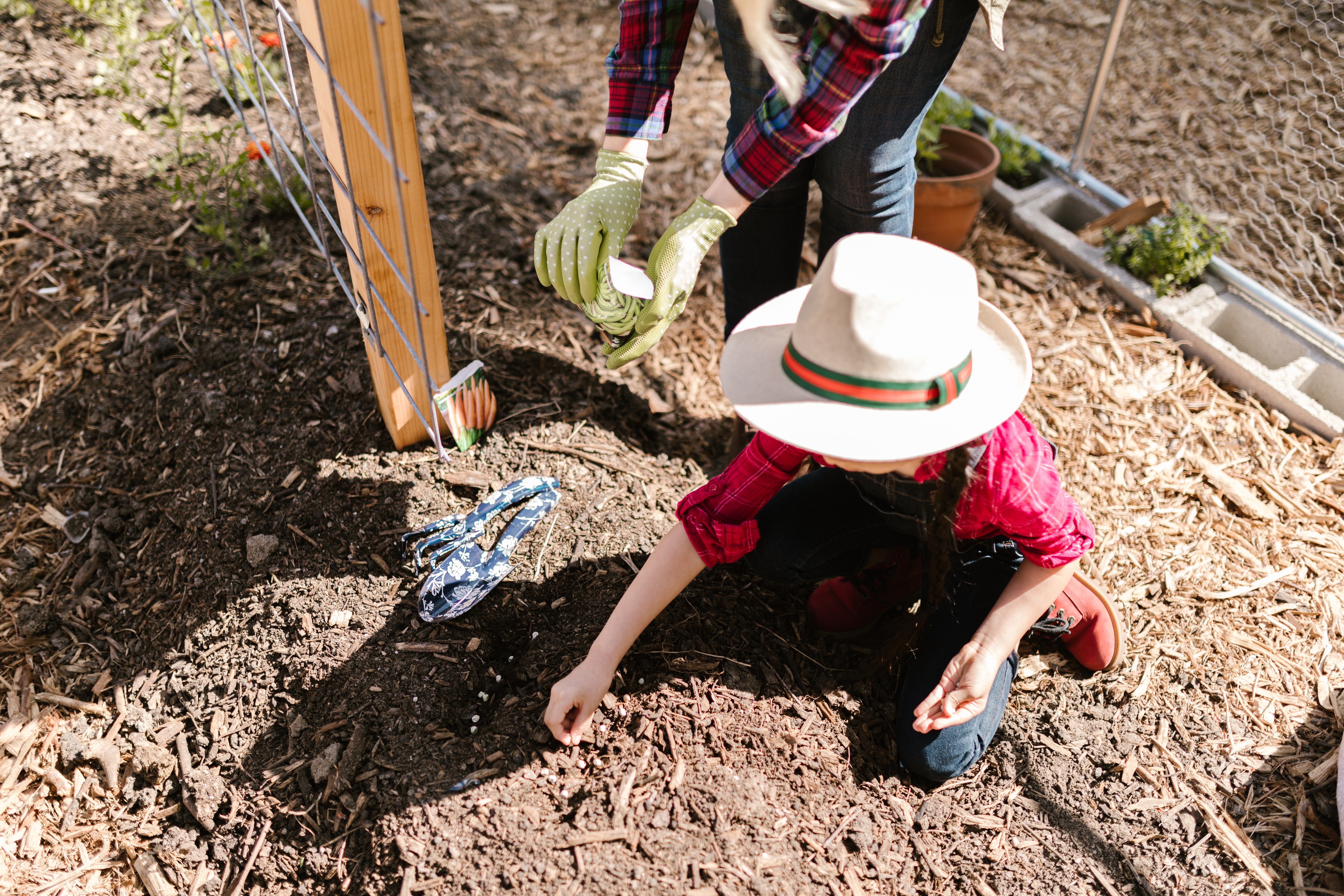
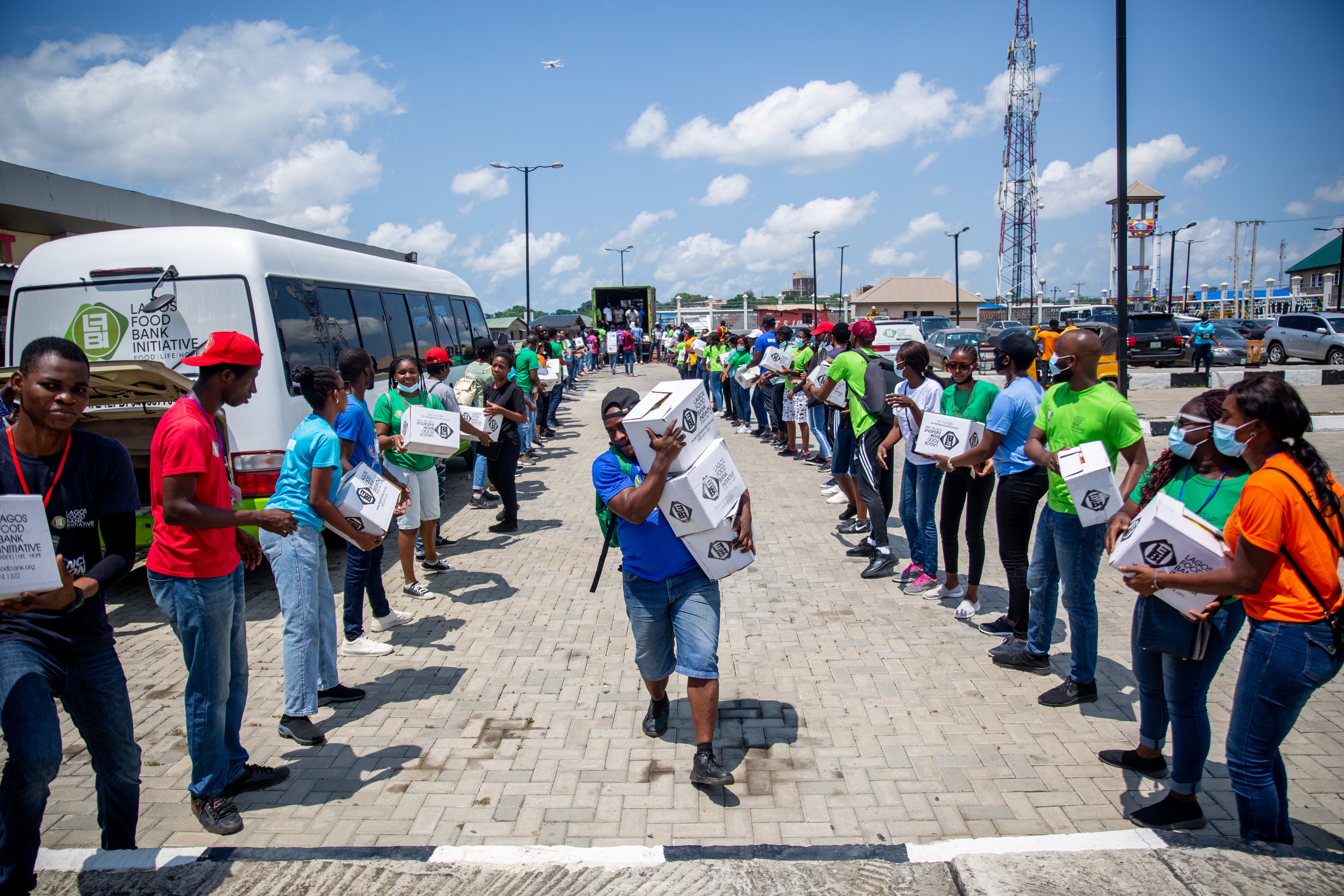
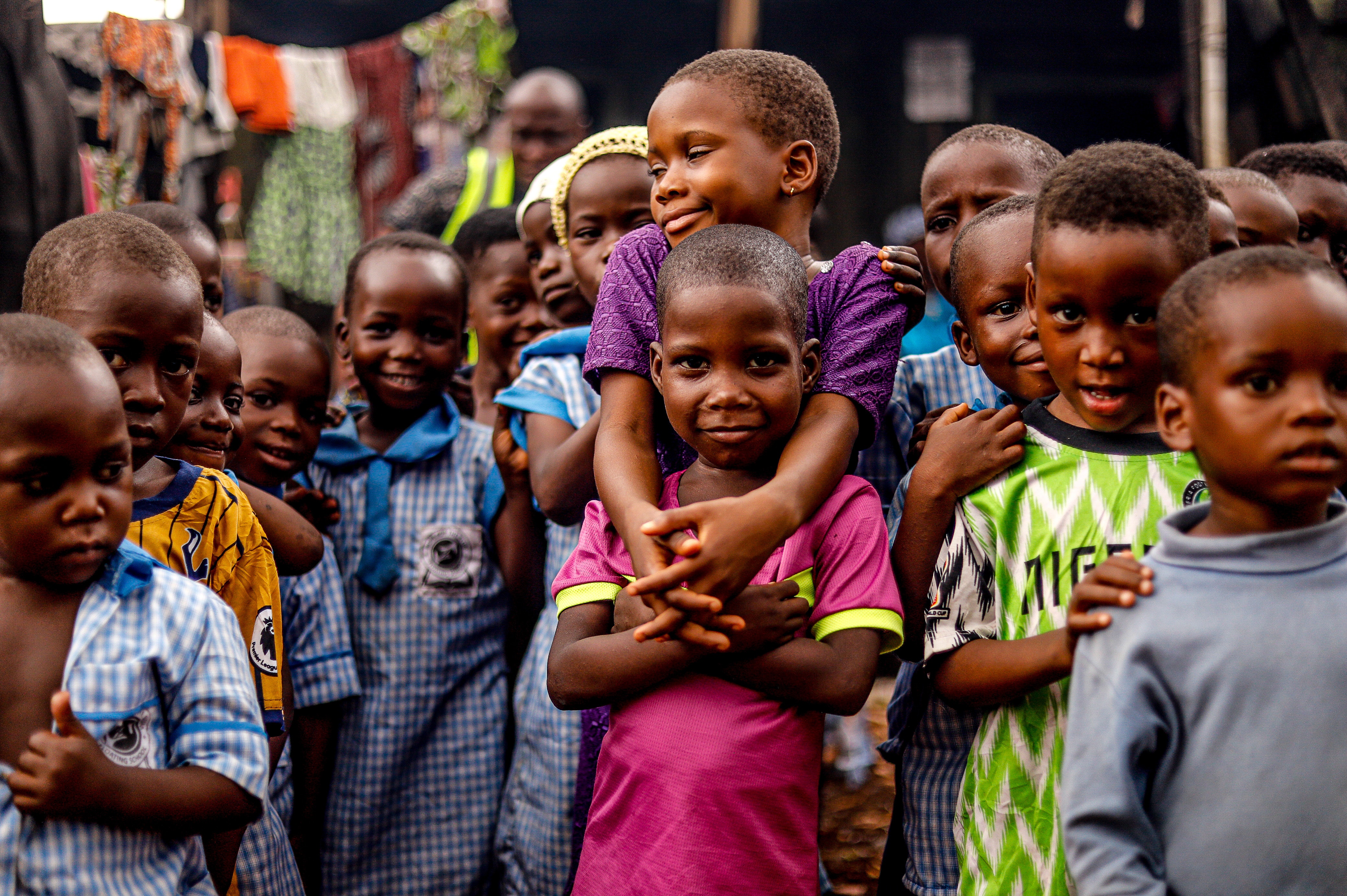


.png)